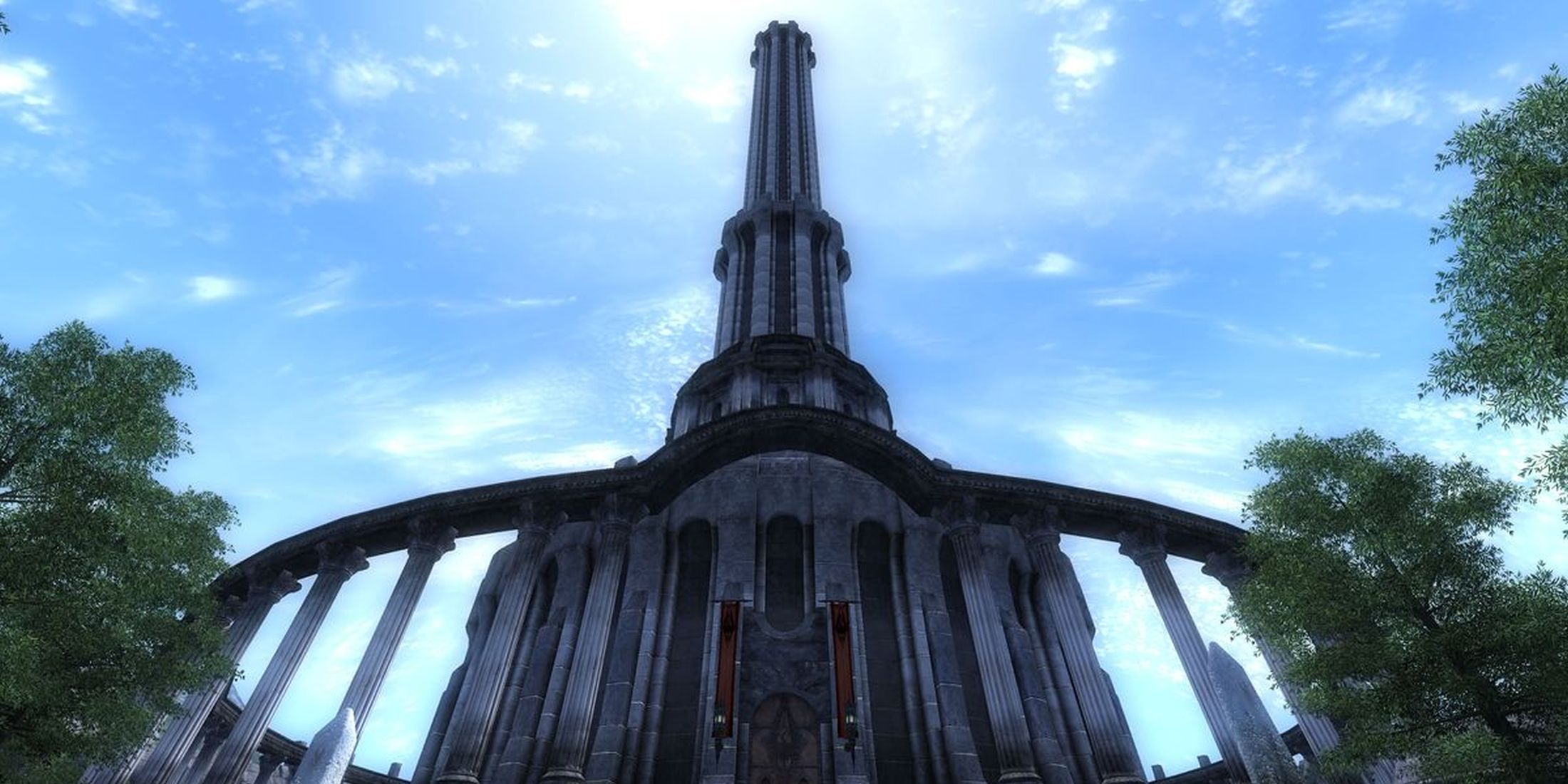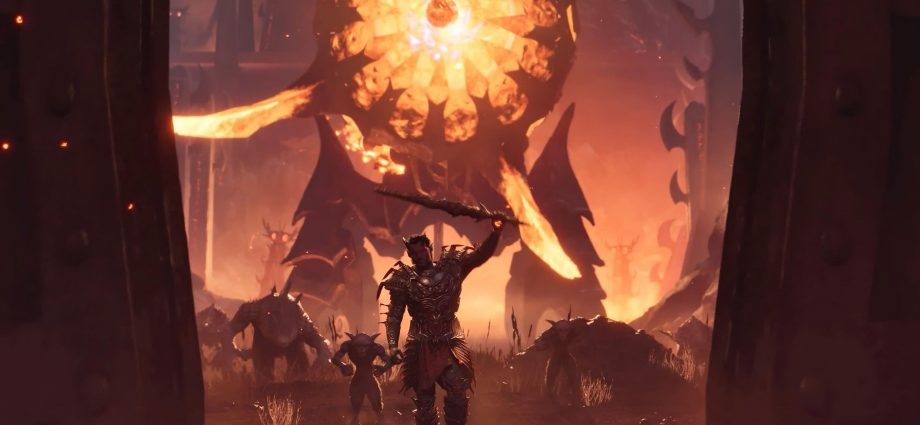The Elder Scrolls 4: Oblivion Remastered lets players sculpt nearly any kind of character, whether a stealthy assassin, a battlemage, or a simple warrior with a big sword. Its open-ended design supports multiple playstyles and makes room for experimentation. But there is one class that stands apart, not because of its power, but because of how little it fits the rest of the game.
The Healer class in Oblivion Remastered presents a unique contradiction. It is built around support, diplomacy, and survival magic, yet Oblivion is, by design, a game built around solo progression. Without a party system, the idea of a support-based build struggles against the realities of dungeon crawling, arena fighting, and enemy scaling.

Related
‘Lore-Accurate’ Imperial City from Oblivion is Jaw-Dropping
A creative artist renders an incredible version of the Imperial City from Oblivion in realistic scale and detail, impressing fans.
Why The Healer Struggles In Oblivion Remastered
The Healer class focuses on magic specialization and favors Personality and Willpower, two stats geared toward spell potency and interpersonal skills like bartering and persuasion. Its major skills include Restoration and Illusion, which aid with healing and crowd control, and Mercantile and Speechcraft, which enhance role-playing and economic interaction. But none of these tools directly address combat damage or survival under pressure.
The Healer’s skill lineup includes only one truly offensive option, Destruction magic, which players must intentionally invest in if they want to avoid long, drawn-out fights. The class also lacks weapon proficiency, making traditional combat especially difficult.
This creates a steep learning curve, especially early on. Enemies in Oblivion Remastered scale with the player, so avoiding conflict or stalling out battles with low-damage tools can be more frustrating than rewarding. Restoration keeps a player alive, but it does not end a fight. Unless the player uses Destruction, summons, or cleverly crafted spells, dungeons and combat quests can become tedious grinds.
Yet this difficulty opens up new avenues of creativity. Role-playing a pacifist, diplomat, or alchemist turns a typical Oblivion playthrough into something more experimental. Choosing nonviolence and using Illusion magic to calm enemies or sneak past them can lead to surprising gameplay moments that challenge the player’s assumptions about violence and power in the game’s world.
What The Healer Says About Oblivion’s Design
Oblivion has always emphasized self-reliance and player-driven problem-solving. Unlike party-based RPGs such as Dragon Age: Origins or Baldur’s Gate 3, Oblivion places the burden of victory solely on the player’s build. This makes the Healer class less of a tool for team support and more of an ideological choice, one that redefines success.
The game rewards power, but it also enables players to carve their own paths. By choosing to avoid direct violence, the Healer challenges the idea that Oblivion must be played through combat alone. Instead, it embraces persuasion, defense, and potion use as viable forms of progression.
Some players have documented successful pacifist or illusion-based playthroughs, noting how satisfying it can be to complete quests without killing.
This approach reflects a deeper theme in Oblivion’s design: freedom with consequences. Players can be anyone, but not everyone will thrive. The Healer gamifies patience, restraint, and moral choice in a system that often incentivizes power. It is not efficient, but it is possible, and for many players, that tension is the point.
How Elder Scrolls 6 Could Evolve The Healer
In a future installment like The Elder Scrolls 6, Bethesda could make the Healer more viable by expanding the game’s AI behavior and social systems. If companions play a more prominent role, a support-based build could have greater impact. Similarly, if enemy reactions to nonlethal spells are more complex, such as surrender mechanics or pacification effects, the Healer could influence battles in more realistic and satisfying ways.
Increased reactivity could also elevate diplomacy and speech mechanics. If quests dynamically adjust based on a player’s peaceful resolution or avoidance of violence, then the Healer’s approach would not feel like a self-imposed limitation. It would instead become a legitimate narrative path with mechanical support.
However, this evolution must stay rooted in what defines The Elder Scrolls series: player freedom. The Healer should not become a fully-fledged cleric archetype with buffs for AI teammates unless the player chooses that kind of experience. Instead, the game should continue to support creative problem solving over linear class systems.
